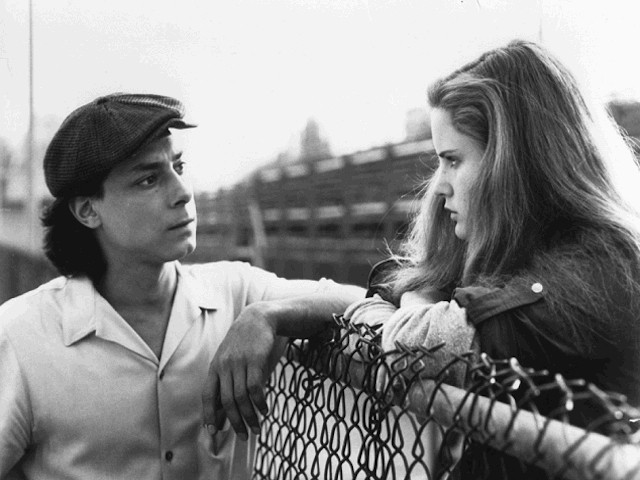Breaking: Dating Men Still Sucks For Women
by Alexandra Molotkow

The first problem with Nancy Jo Sales’s “Tinder and the Dawn of the ‘Dating Apocalypse’” is that — like every “Is Technology Blanking Us” feature — it misidentifies the problem and presents an old issue as a new one. For the eight millionth time: technology doesn’t create new desires, or invent human nature. It manipulates old desires and shapes human nature in ways that are rarely optimal, but usually better in some ways. (Unfortunately, Sales provides very little historical context, and the experts she cites offer mostly cautions and hypotheticals.)
Can dating apps encourage “gorging… a kind of psychosexual obesity,” as Christopher Ryan puts it? Absolutely. But cautionary tech stories tend to overlook human agency, employing the logic of prohibition, which equates availability with abuse. If you don’t want to gorge, you can not gorge. If you’re gorging anyway, we should probably have a different conversation.
Tinder may have changed our methods, but it hasn’t changed our objectives so much as distinguished them: if you want a relationship, you have to opt into one. And that’s not a bad thing; as a friend said recently, surprising herself: “I don’t know too many couples who are unhappy together.” If you get into a relationship, it’s because you want to be in a relationship, not because you’re sick of feeling thirsty. The bass player for Monogold or whatever (lol), on whom the piece ends — the guy who’s tired of sex — will probably turn 35, or 45, decide he wants a partner and a kid, whine about it for a bit, then couple happily with a fecund 26-year-old, because he can.
Ugh. Alright. This seems like a bridge to the real cause for alarm, which Sales observes, and identifies, but doesn’t get into in any substantive way: dating men sucks for women. On the whole. Elizabeth Armstrong says, “we need to puzzle out why women have made more strides in the public arena than in the private one,” and I wish so much that Sales had puzzled this out, because no one with her chops ever seems to, because “hookup culture!!!”
Women who date men face the same problem they have since always: casual sex is higher risk, and lower reward, than it is for men who date women. Things have improved with greater equality and modern medicine and the sexual revolution, but the sexual revolution introduced a new problem, which is that casual sex now feels mandatory. And the feeling, particularly in your early 20s, is often that if you don’t want to be “one of those women” — the kind of throwback woman too soft and weepy to appreciate a good fuck — you have to “get it in.”
As one of Sales’s 20-something sources puts it:
It’s a contest to see who cares less, and guys win a lot at caring less… But if you say any of this out loud, it’s like you’re weak, you’re not independent, you somehow missed the whole memo about third-wave feminism.
I have nothing against casual sex. But it’s not the best sex I’ve ever had, because the best sex generally involves a level of communication and respect you can’t build over a couple of drinks. I think this goes for men and women alike, but men walk away from sex with a bigger loot bag.
Women fuck for their egos, and because they like it, but again — there are risks involved, both physical and psychological. Yes, there’s the old double standard that rewards men for their sexual achievements and shames women for theirs, but there are more “sinister” aspects to the way men and women are encouraged to relate to each other, which are deeply ingrained and don’t just go away because the pill was invented, or Tinder was invented. The concept of sex as predation — as something women women guard and men trick them out of — persists in major, if subtler forms, and so does the idea that a woman who is down to fuck is fair game for anything you might want to subject her to.
This manifests in way more destructive ways, obviously, than typical fuckboy behavior. Conversations about aggressive male-female sexual dynamics tend to get folded into conversations about sexual assault, which is important, because the two are closely related, but they apply to consensual sex as well. You find unnerving glimmers in the way Sales’s female subjects describe their hookups (“last night I was having sex with this guy, and I’m a very submissive person — like, not aggressive at all — and this boy that came over last night, he was hurting me”), and the way men remember them (“I sort of play that I could be a boyfriend kind of guy… but then they start wanting me to care more… and I just don’t”; “How are you gonna feel romantic about a girl like that?”)
The issue here isn’t Tinder, which only allows shitty dudes to shit more prolifically, or the options available for single (and not-single) adults. The real issues, again, are old ones: inequality, and cruelty, which is still allowed in the dating market.